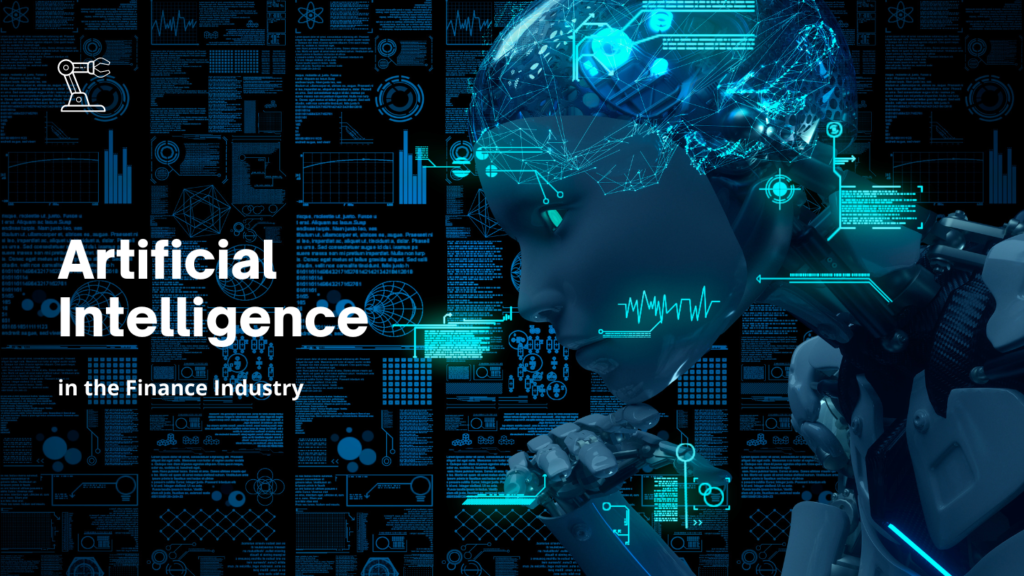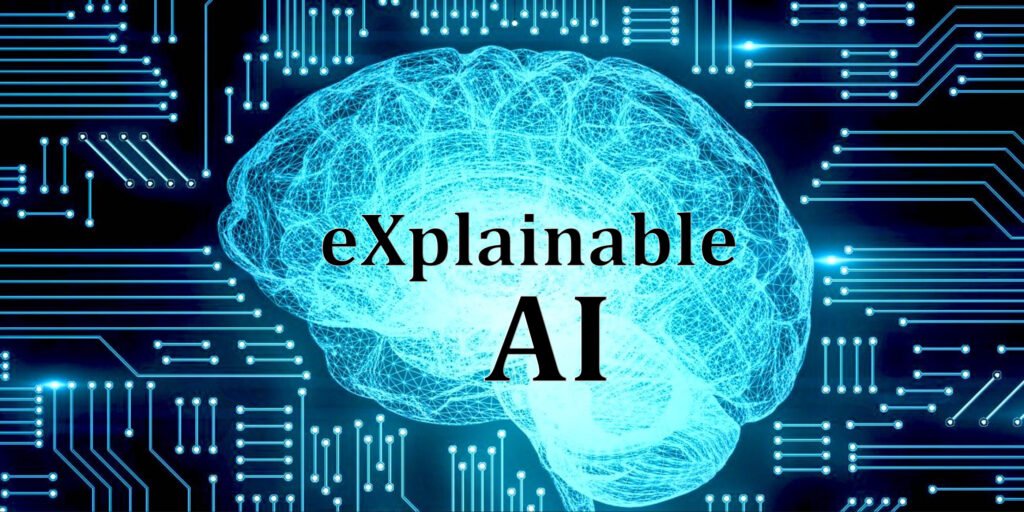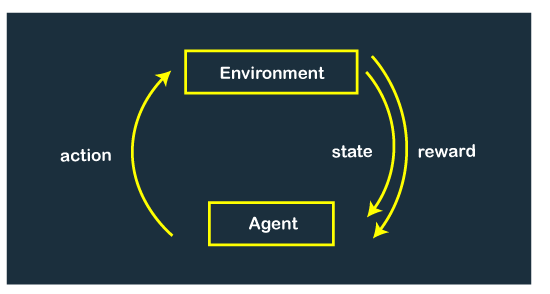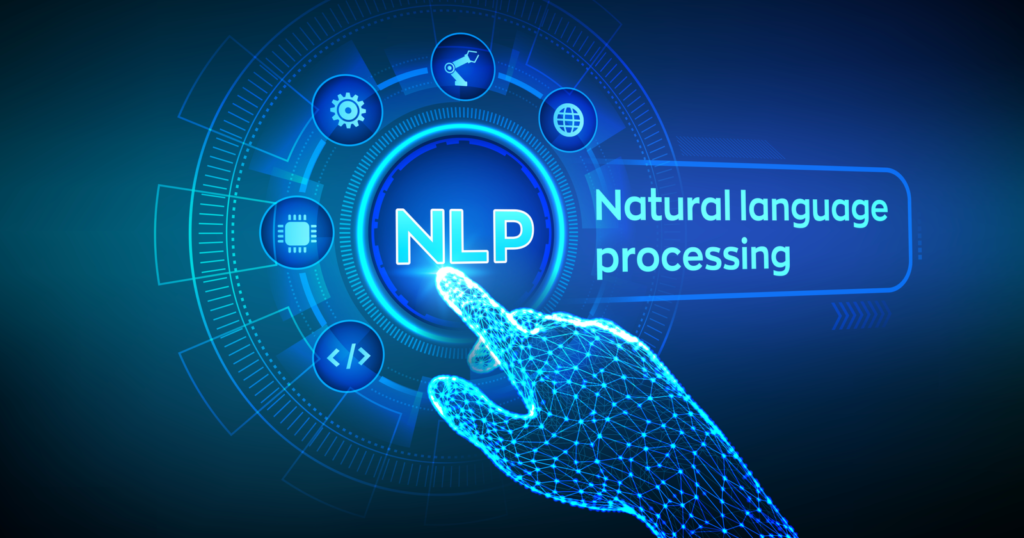Archive for May 2023
AI in Education: AI-based systems for personalized learning, adaptive assessments, and intelligent tutoring.
AI has the potential to revolutionize education by providing personalized learning experiences, adaptive assessments, and intelligent tutoring. Here’s more information on these AI-based systems in education:
Read MoreAI in Finance: The use of AI algorithms for fraud detection, risk assessment, trading, and portfolio management in the financial sector.
AI has made significant advancements in the field of finance, revolutionizing various aspects of the industry. Here are some key applications of AI in finance:
Read MoreAI in Healthcare: Applications of AI in medical diagnosis, drug discovery, patient monitoring, and personalized medicine.
AI has significant applications in healthcare, revolutionizing various aspects of the industry. Here are some specific applications of AI in healthcare:
Read MoreRobotics: The integration of AI and robotics, enabling machines to perform physical tasks autonomously.
Robotics is a field that combines Artificial Intelligence (AI) and engineering to design and develop intelligent machines capable of performing physical tasks autonomously. Here are some key aspects related to the integration of AI and robotics:
Read MoreExplainable AI: Techniques and methods for making AI systems more transparent and interpretable
Explainable AI (XAI) refers to the field of research and techniques focused on making artificial intelligence systems more transparent and interpretable. While AI algorithms can produce accurate predictions or decisions, they often operate as “black boxes,” making it challenging to understand how they arrive at their conclusions. This lack of interpretability can limit trust, accountability, and adoption of AI systems, particularly in critical domains such as healthcare, finance, and law.
Read MoreReinforcement Learning: AI agents that learn through trial and error by interacting with an environment
Reinforcement Learning (RL) is a subfield of Artificial Intelligence (AI) that focuses on developing intelligent agents capable of learning and making decisions by interacting with an environment. RL agents learn through a process of trial and error, where they receive feedback in the form of rewards or penalties based on their actions. Over time, they optimize their behavior to maximize the cumulative reward obtained from the environment. Here are some key aspects of reinforcement learning:
Read MoreComputer Vision: AI systems capable of interpreting and understanding visual data.
Computer Vision is a branch of artificial intelligence that focuses on enabling computers to interpret and understand visual data, such as images and videos. It aims to replicate human visual perception and comprehension by leveraging machine learning algorithms and pattern recognition techniques. Here are some key aspects of Computer Vision:
Read MoreNatural Language Processing: AI techniques for understanding and processing human language.
Natural Language Processing (NLP) is a branch of artificial intelligence (AI) that focuses on the interaction between computers and human language. NLP involves the development of algorithms and techniques to enable computers to understand, interpret, and generate human language in a way that is meaningful and useful. Here are some key aspects of NLP:
Read MoreDeep Learning: The advancement of deep neural networks and their applications in various domains.
Deep learning is a subfield of machine learning that focuses on the development and application of artificial neural networks with multiple layers. These deep neural networks have gained significant attention and have achieved remarkable success in various domains. Here are some key points about deep learning and its applications:
Read MoreAI for Climate Change and Sustainability
AI has the potential to play a significant role in addressing climate change and promoting sustainability. Here are some areas where AI can be applied
Read More









